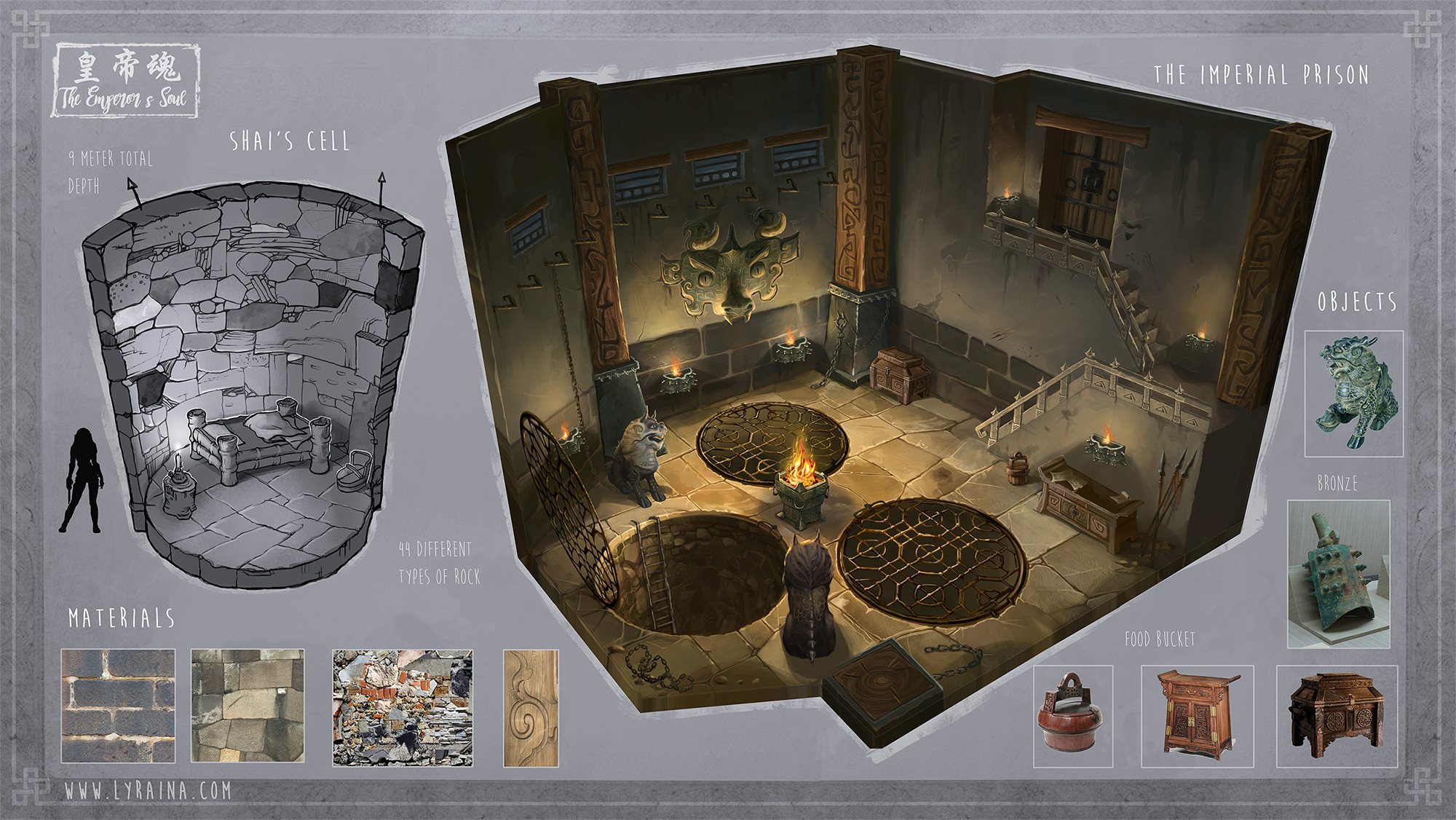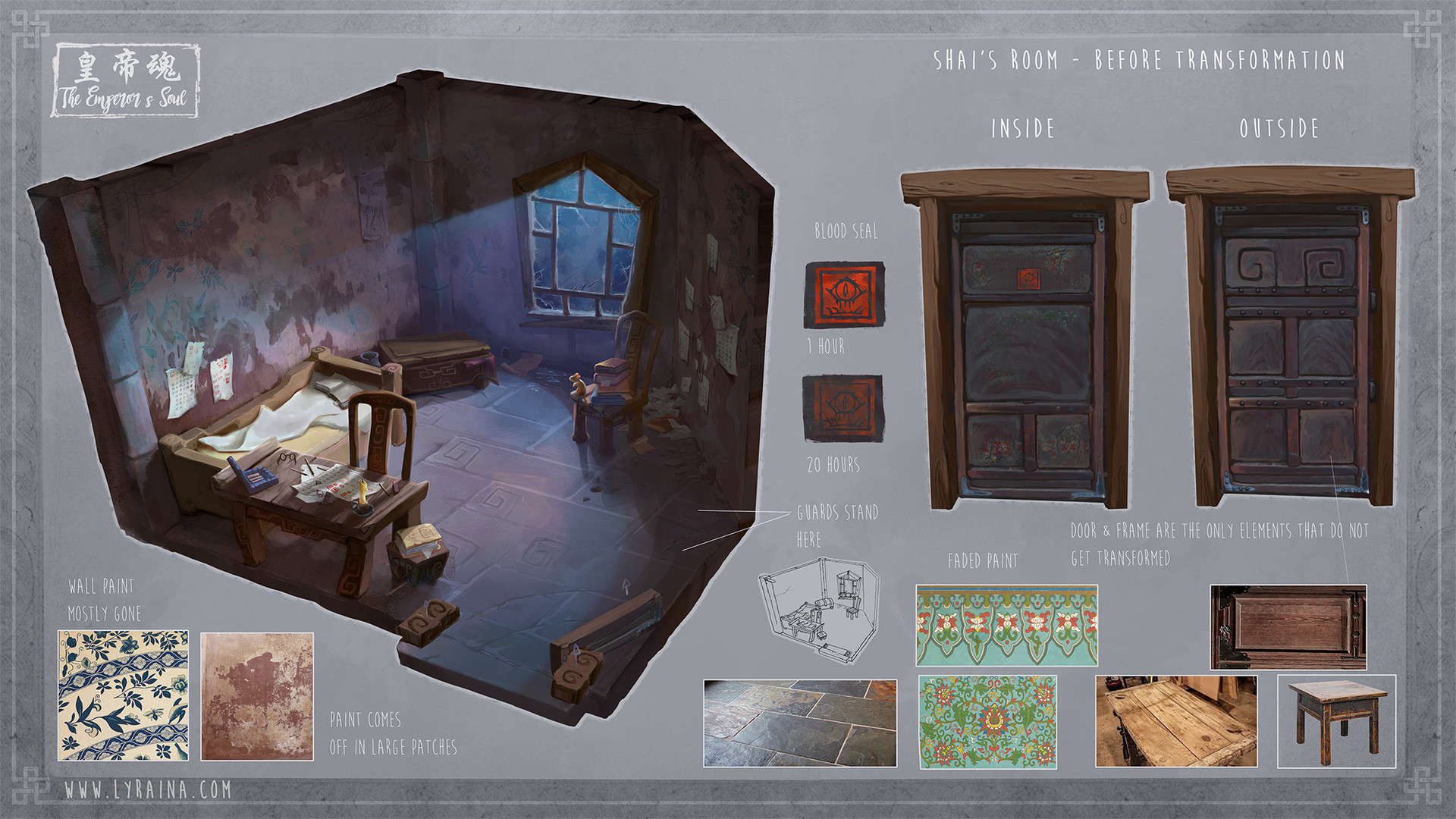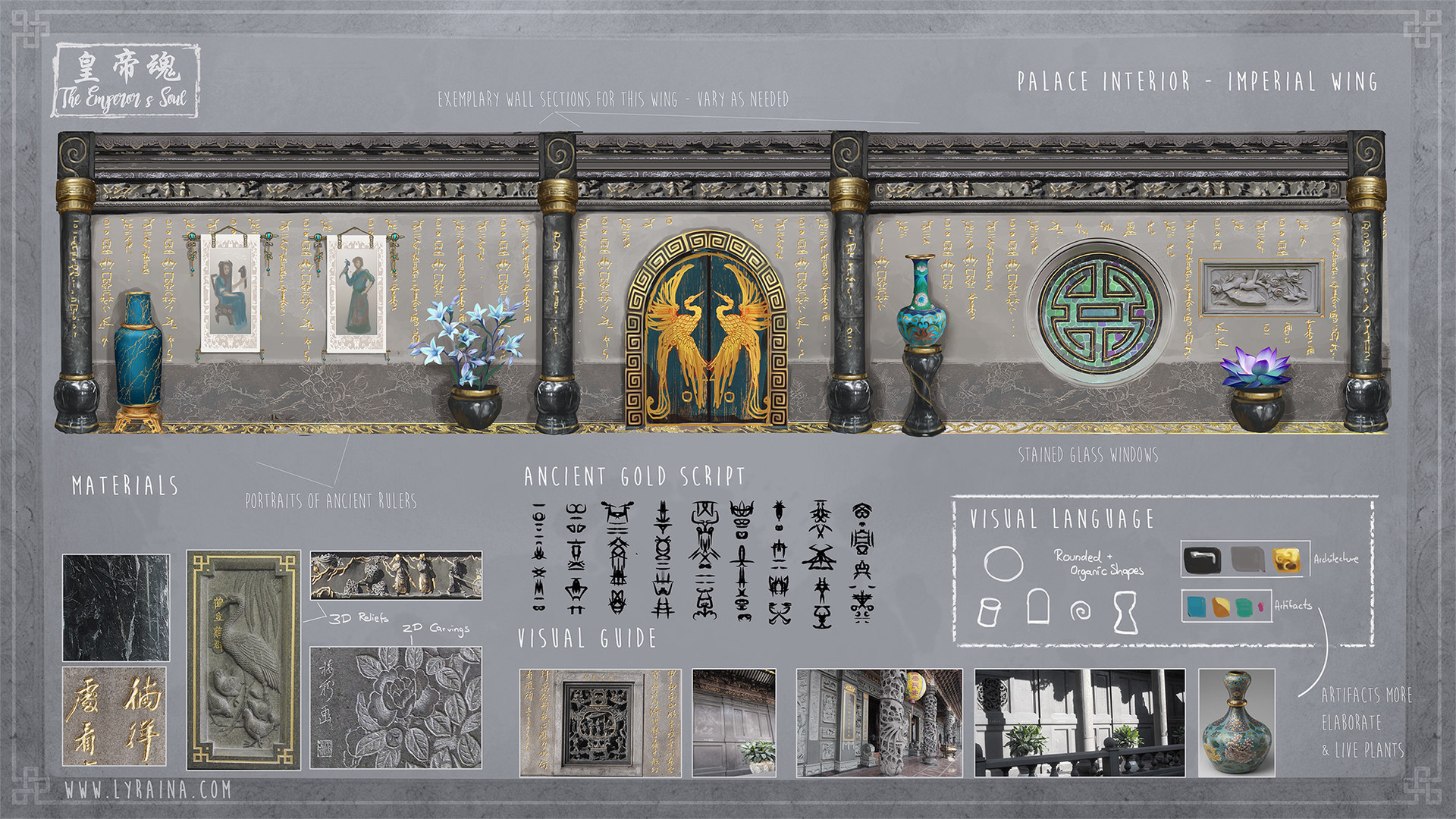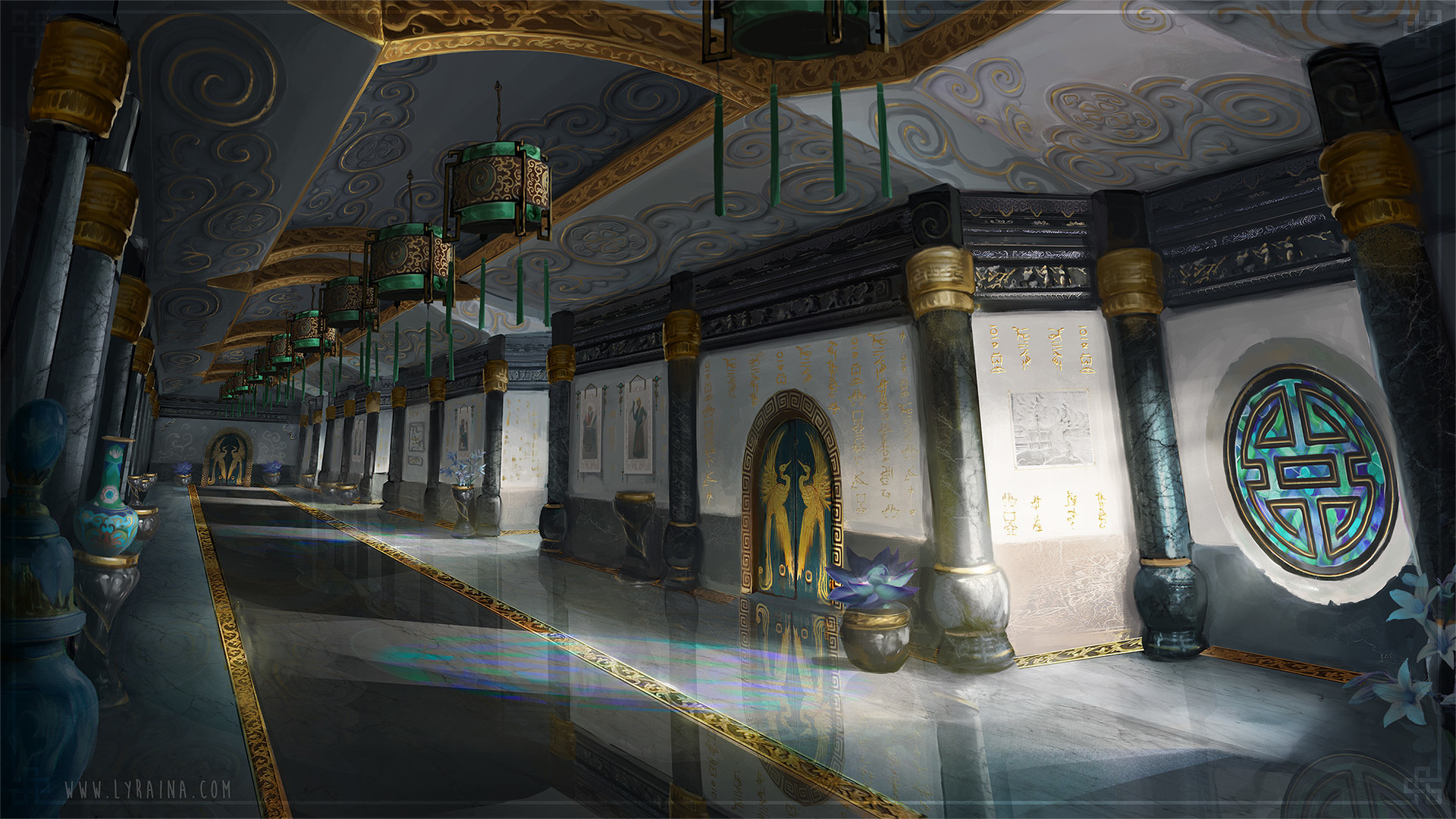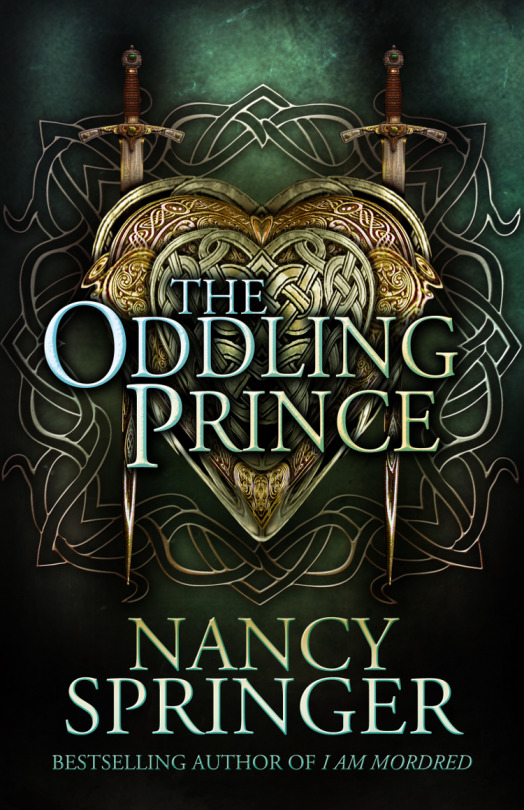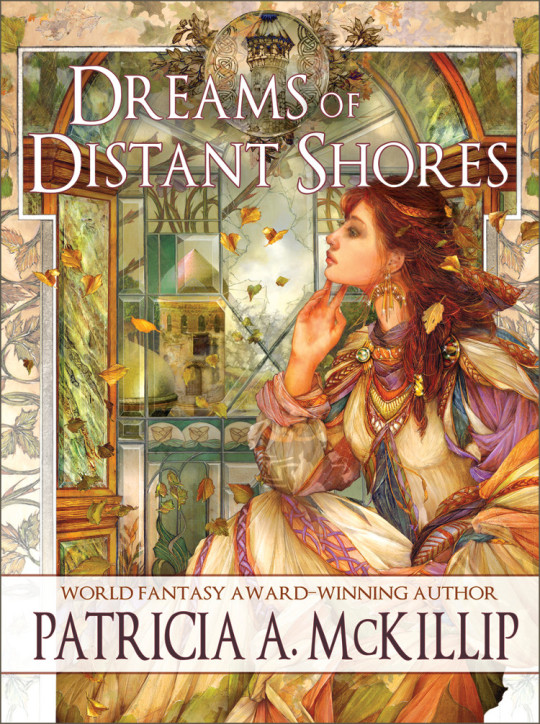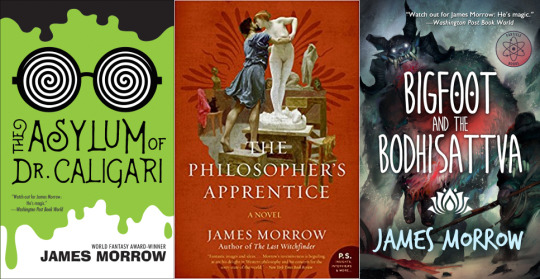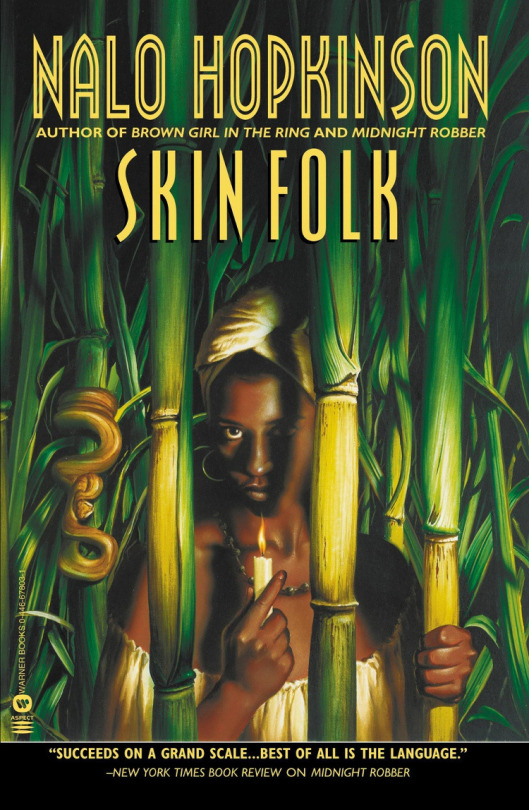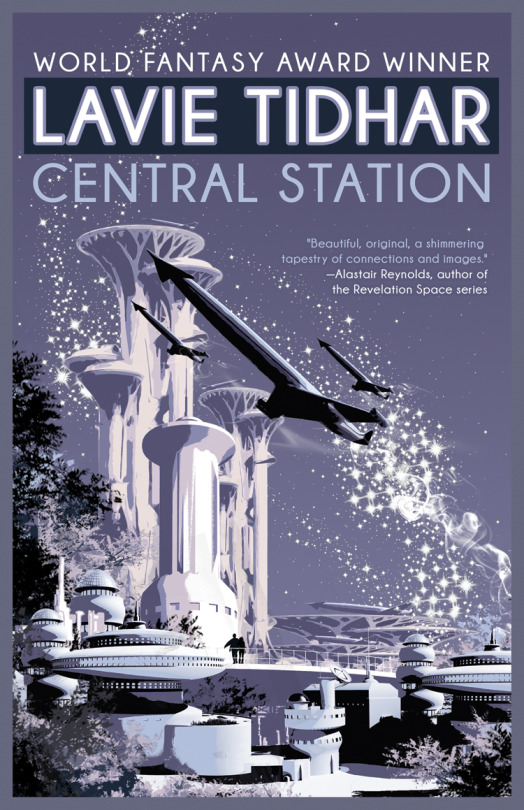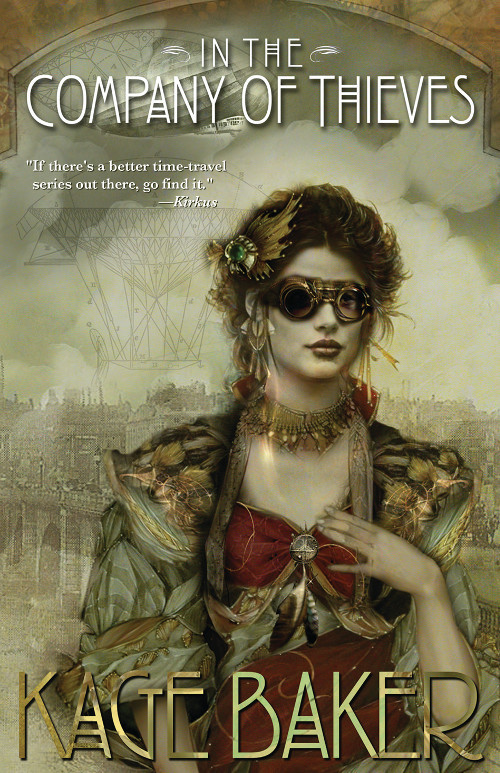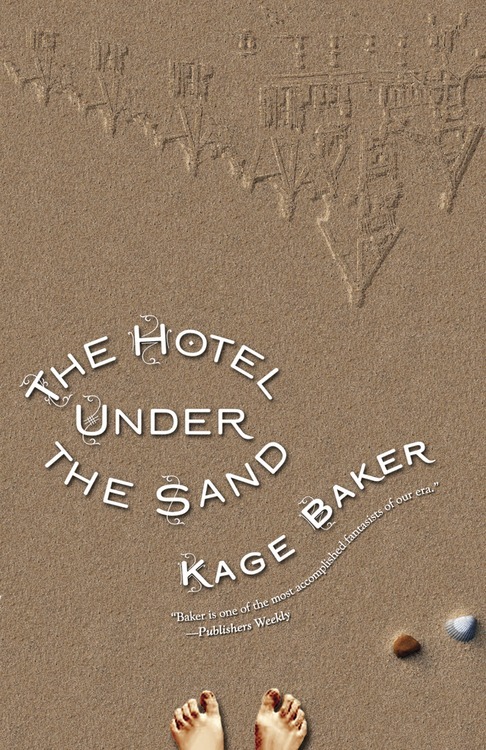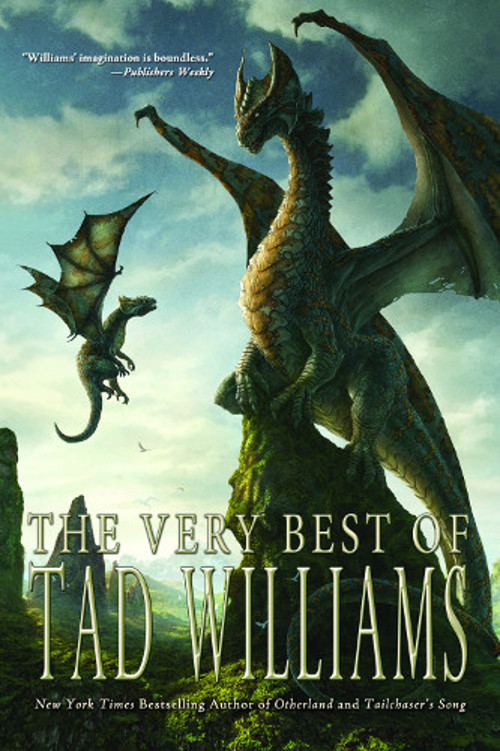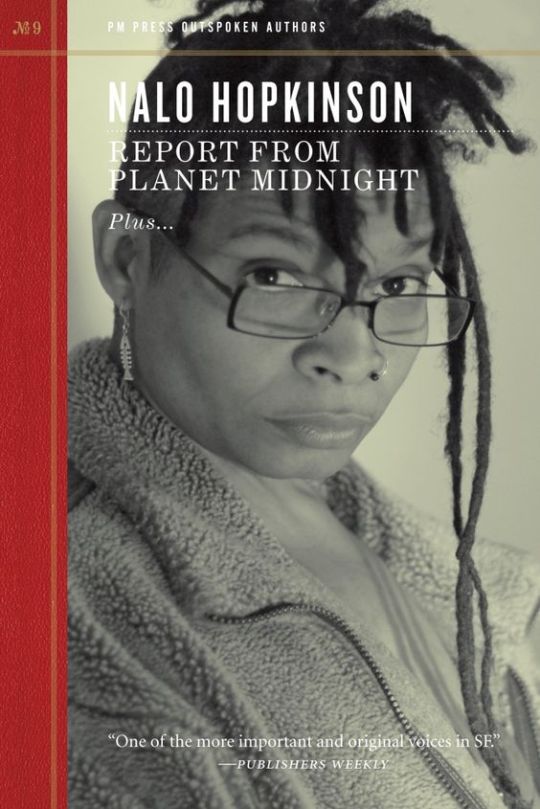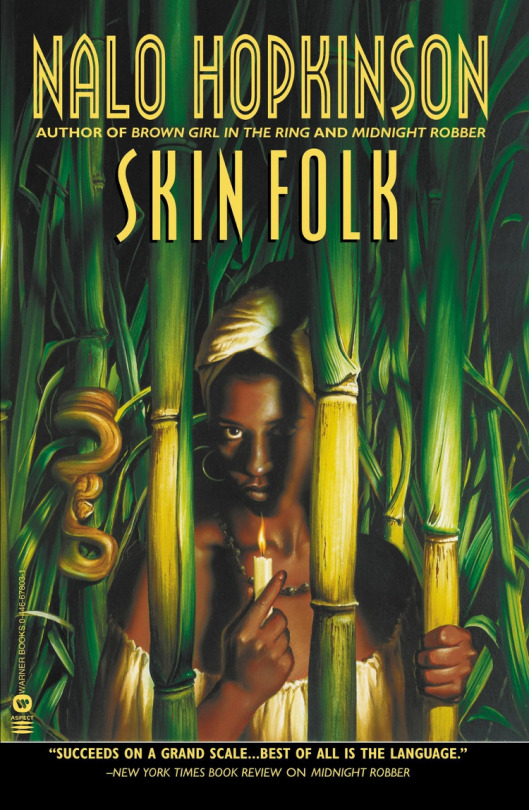Tachyon tidbits featuring Bruce Sterling, Charles de Lint, Nalo Hopkinson, and Brandon Sanderson
The latest reviews and mentions of Tachyon titles and authors from around the web
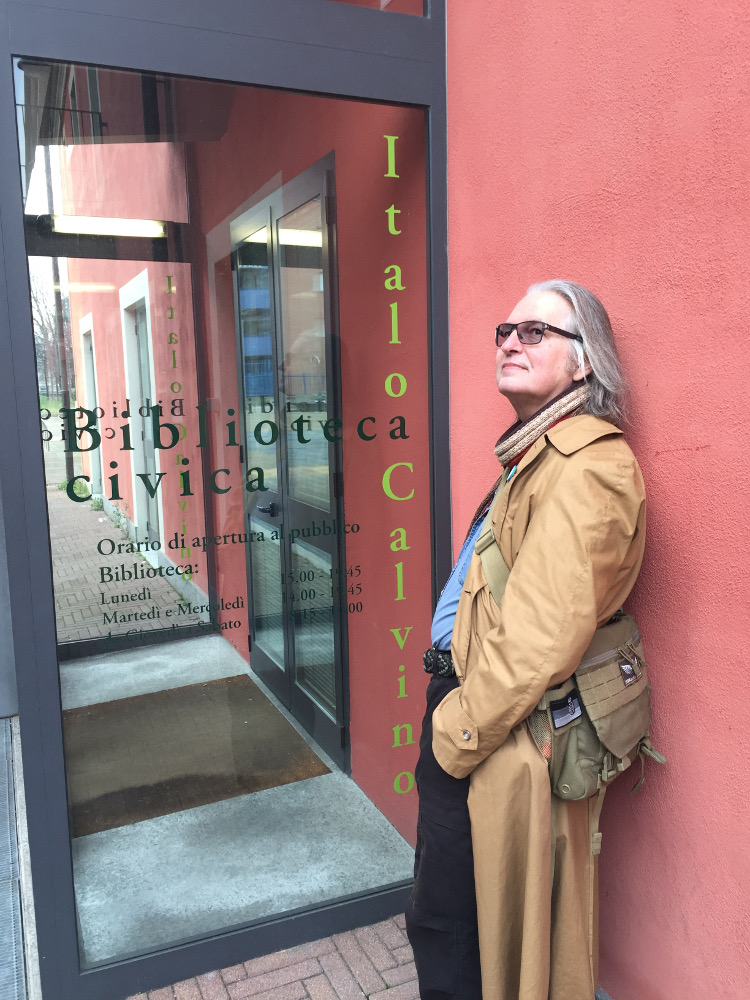
Bruce Sterling 
Charles de Lint with MaryAnn Harris 
Nalo Hopkinson
Photo by David Findlay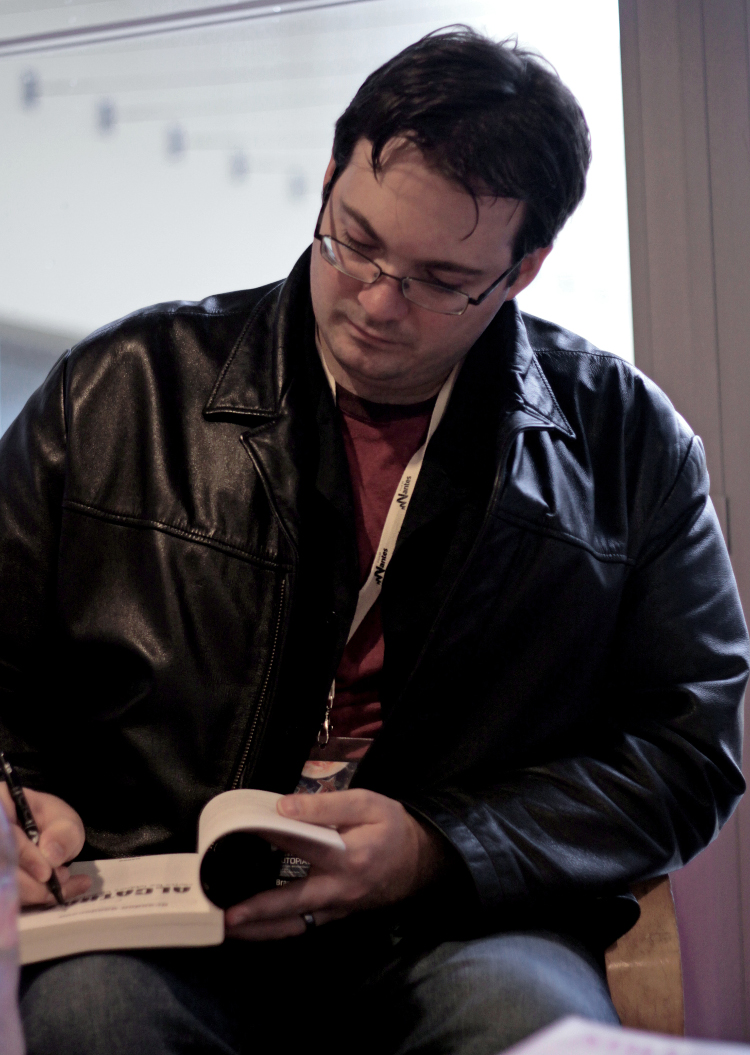
Brandon Sanderson
(Ceridwen via Wikimedia Commons)
Paul Di Filippo, in a LOCUS review of In the Shadows of Men by Robert Jackson Bennett and Dispersion by Greg Egan, gives a shout out to Tachyon Publications.
Tachyon Publications. PS Publishing. NewCon Press. Subterranean Press. Four always reliable and stout bastions of the novella, that in-between-lengths type of fiction that offers the advantages of the short story (quickish reading time and lesser investment) and the advantages of the novel (space for complexity and depth). Win-win, for writers, readers, and publishers!
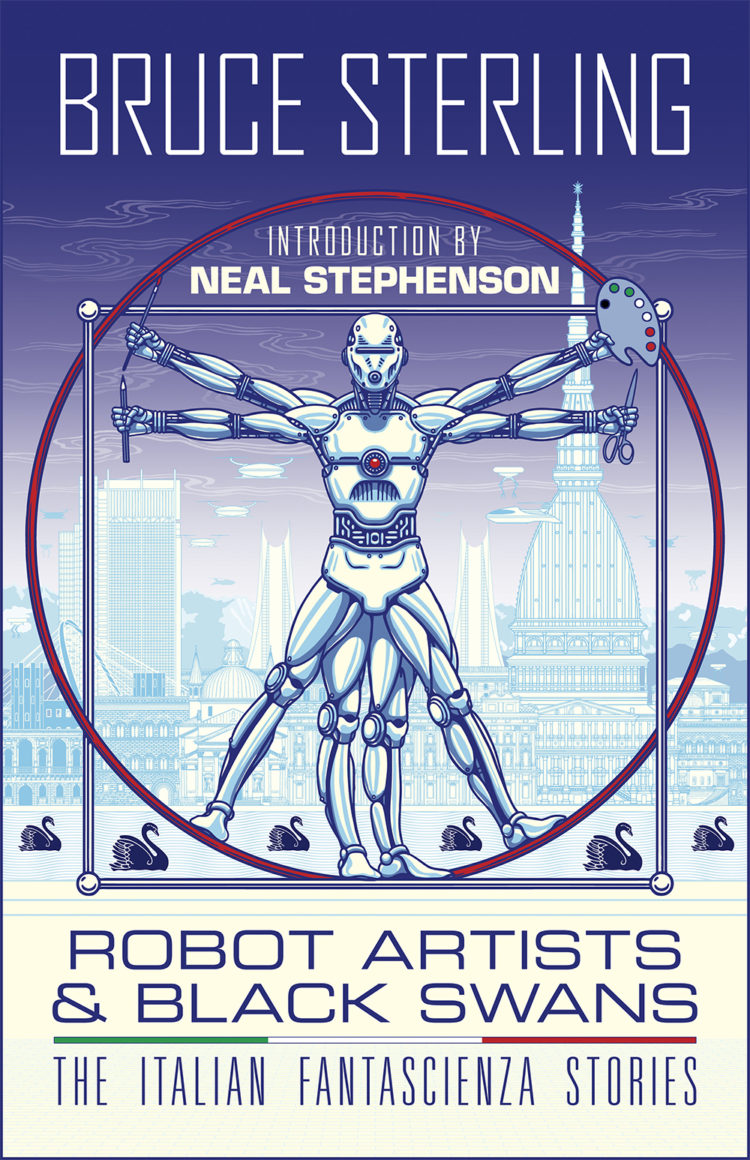
For MYTHAXIS, Jay Caselberg interviews Bruce Sterling.
JC: I am quite interested in the connections between the Shaper/Mechanist universe and Cyberpunk as a concept, the clashing or joining of the biological and machine. Do you believe we have a future where that melding becomes more real? Of course, I am talking about more than a pig with a chip in its head.
BS: That’s a big metaphysical topic, and, like a lot of metaphysical topics, it tends to bog down in the tall weeds of reality. For instance, being on stage as part of the Kraftwerk “Man/Machine” is actually less interesting and culturally influential than being Ralf Hutter or Florian “V-2” Schneider. In other words, it’s a cool creative schtick, but if it becomes a personal cult religion, you’ve got a problem.
With that said, I’m currently very interested indeed in robots that are “soft,” meaning machines that have some degree of autonomy and that aren’t traditionally metallic or “mechanical.” That’s not a Shaper/Mechanist issue from a novel, but is an issue about boundaries of machinery and biology; it’s even about beauty; there’s an aesthetics to robotic motion that interests me as an art critic.
My latest book — my Bruno Argento short-story collection — is titled ROBOT ARTISTS AND BLACK SWANS, and it indeed seems to have rather a lot of robot artists that turn out to be black swans — just, boundary-breaking, culture-crossing, animated, liminal, kinetic things that are beyond prediction and also beautiful.
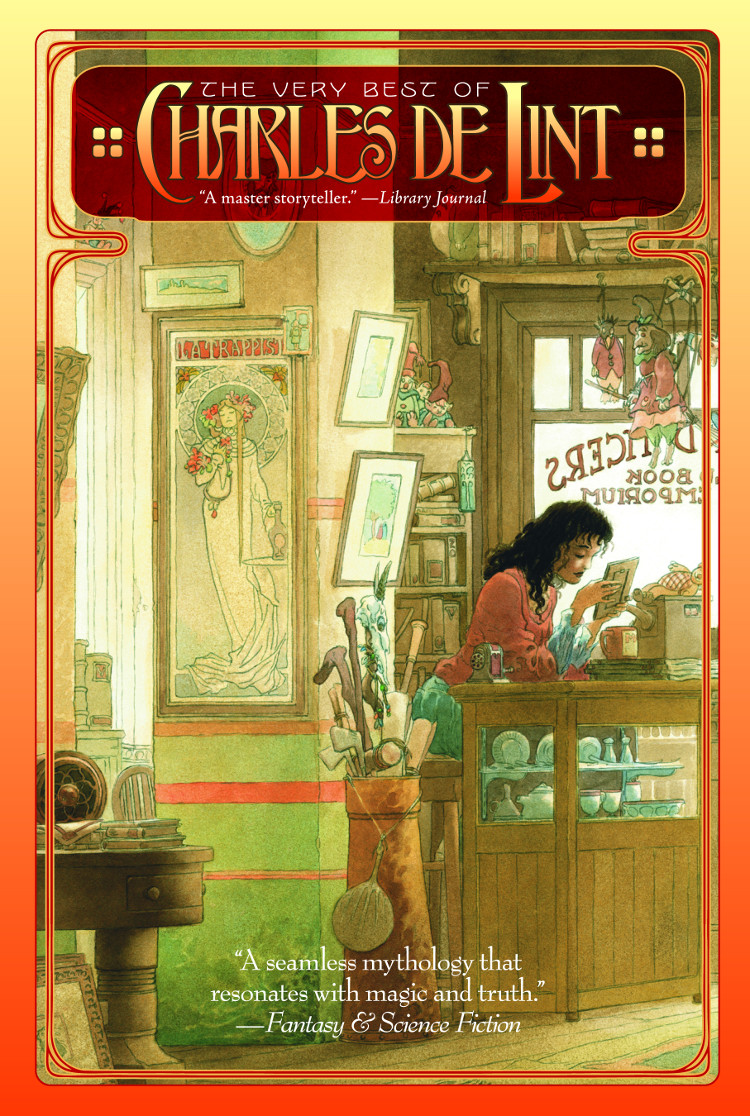
At REDDIT r/fantasy. FarragutCircle includes THE VERY BEST OF CHARLES DE LINT among their 2020 Bingo Challenge: Short Story Edition.
20. Novel by a Canadian Author:
THE VERY BEST OF CHARLES DE LINT by Charles de Lint (reprint collection)
Reason: It appears I picked this up in 2014 for some reason (I’ve never read de Lint before this year). But he’s Canadian!
Favorite Story: There are honestly too many to say, but I’ll say “In the Pines” for now.
Recommended: Yes, yes, yes. I basically added everything he’s written to my TBR.
Hard Mode: Maybe, it was originally published in 2010 with Tachyon Publications, but in 2014 it was reprinted by de Lint’s Triskell Press (which is the copy I have), which would count.
Other Options: A friend sent me an anthology edited by Dominik Parisien called Clockwork Canada: Steampunk Fiction, though I would’ve had to juggle square to get it to work. Nalo Hopkinson is Canadian, so Skin Folk would’ve worked, too. Jo Walton has a collection called STARLINGS.
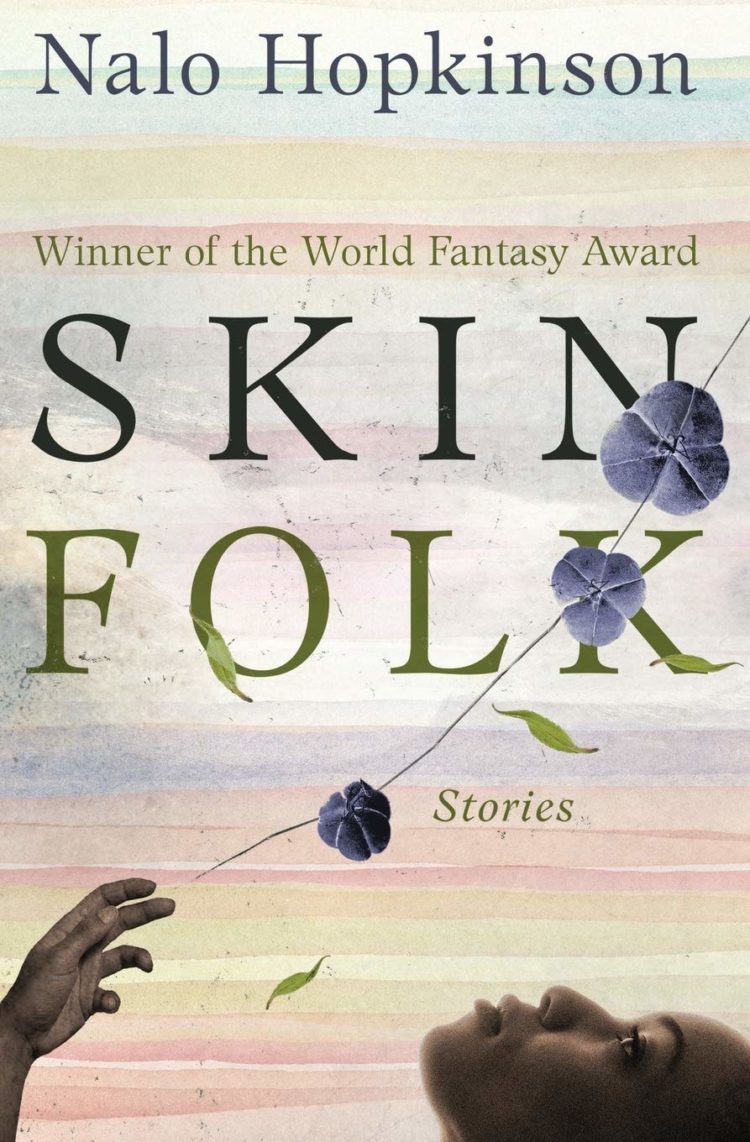
K.W. Colyard on BOOK RIOT includes Nalo Hopkinson’s Skin Folk among Horror Short Story Collections: 9 Books to Maximize Your Chills and Thrills.
Jamaican Canadian author Nalo Hopkinson has published a few excellent collections of short fiction. If you’re looking for horror, though, I recommend checking out her 2001 collection Skin Folk. Among these 15 dark fables, you’ll find the story of a skinless woman who kills and consumes children. Don’t say I didn’t warn you.
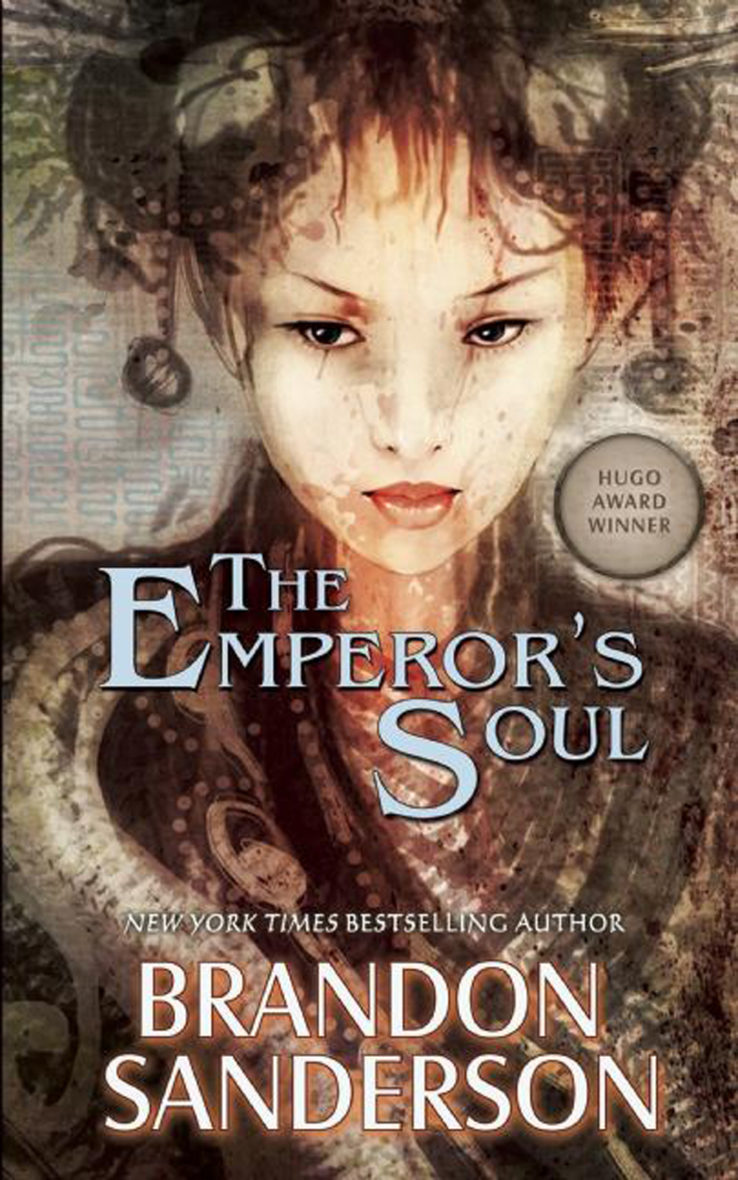
Design by Elizabeth Story
Johanna Rupprecht shares their beautiful concept designs for a game based on Brandon Sanderson’s THE EMPEROR’S SOUL.
Visual Development Project based on Brandon Sanderson’s novella THE EMPEROR’S SOUL.
Based on an Asian-inspired fantasy setting, we follow the story of Shai, a so called “forger” with the magical ability to change an object’s appearance and history by applying a “soul stamp” to it.
Huge Thanks goes to Yen Shu Liao, who helped me throughout this project with making sure I don’t mess up the “Asian” (more particular, Taiwanese) inspiration too much, and also helped me out with Chinese search words when English & dictionaries failed me. Thank you!
